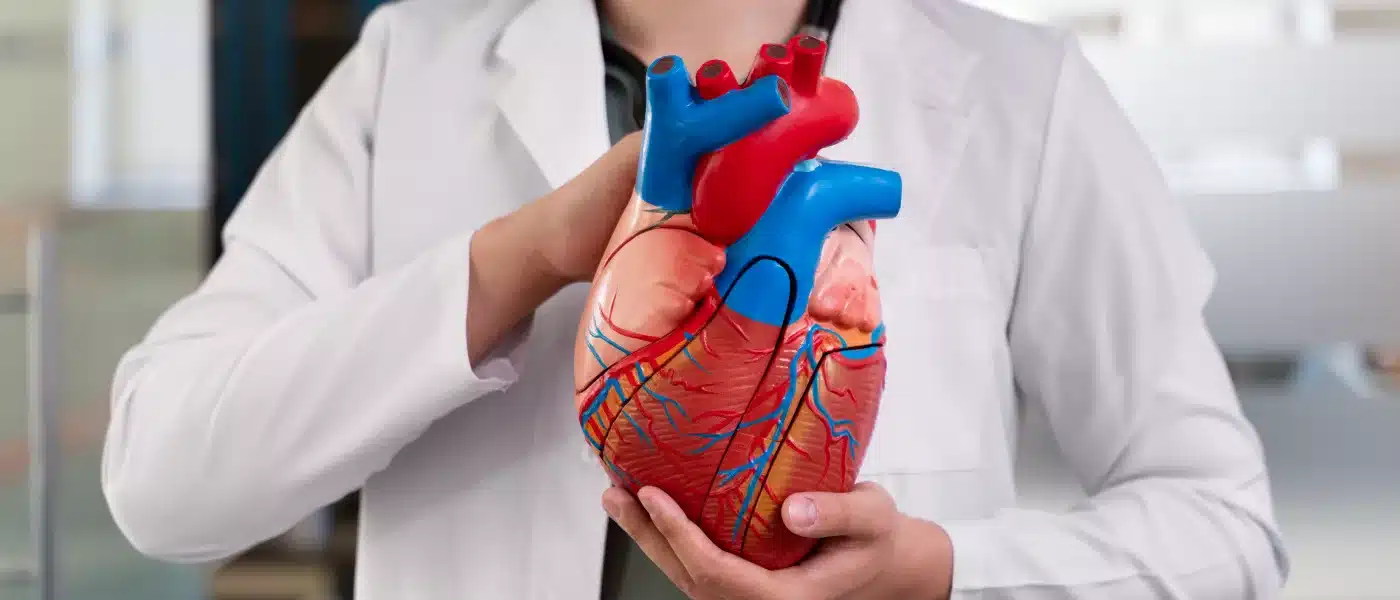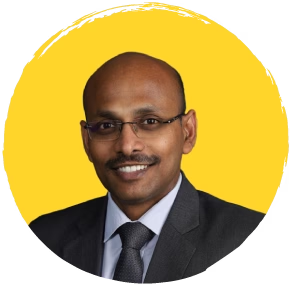Appointment
Please Select the type of appointment you would like to book
12 Things to Know About Heart Transplantation In India Thu , Apr 11

About the Health Information
Our Health information will help you stay up to date on what is happening in health care. We bring you news/information/perspectives around health care innovations, preventive medicine, early diagnosis, nutrition and diet, women’s health, men’s health, children’s health, latest technologies, treatments and surgeries, diseases and conditions, fitness and more.
Popular Posts

Six daily shoulder exercises for arthritic pain

Shoulder Arthritis and its types

Stress and how to beat it
Categories
- Cancer
- Cardiac Care
- Children's Health
- Covid-19
- Diabetes
- ENT
- Health Emergencies
- Health Tips
- Hernia
- Interventional Pulmonology
- Kidney Stone
- Medical Emergency
- Men's Health
- Neuro Care
- Oral Cancer
- Orthopaedics
- Spine Care
- Stroke
- Transplants
- Women's Health
- World Brain Day
- World Health Day
- World Hearing Day
- World Kidney Day
- World Sleep day
- World Vaccination Day
Heart transplantation in India is a life-saving procedure that has transformed the lives of countless individuals suffering from end-stage heart disease. As a complex and delicate medical intervention, it is essential for patients and their families to have a comprehensive understanding of the heart transplant process. In this in-depth blog post, we will explore 12 crucial facts that everyone should know about heart transplants.
https://mgmhealthcare.in/hearttransplant-hospital-book-appointment/
What is a Heart Transplantation?
-
A heart transplantation in India is a surgical procedure in which a patient’s diseased or failing heart is replaced with a healthy donor heart. This procedure is typically recommended for individuals suffering from severe and irreversible heart conditions, such as congestive heart failure, coronary artery disease, or certain genetic heart disorders. The replacement of the damaged heart with a healthy one can significantly improve the patient’s quality of life and long-term prognosis.
The Heart Transplant Candidate Evaluation
-
Individuals seeking a heart transplant must undergo a rigorous evaluation process to determine their eligibility. This assessment typically includes a thorough medical history, physical examination, and a series of tests, such as:
- Cardiac imaging: Echocardiograms, cardiac catheterizations, and other imaging techniques are used to evaluate the heart’s structure and function.
- Blood and genetic tests: These tests help identify any underlying medical conditions or genetic factors that may affect the transplant outcome.
- Psychological evaluation: Transplant teams assess the patient’s mental and emotional readiness to undergo the procedure and adhere to the lifelong medical regimen.
Only those who meet the specific criteria set by the transplant center are added to the national organ transplant waitlist.
The Wait for a Donor Heart
-
Once a patient is listed as a heart transplant candidate, they must wait for a suitable donor heart to become available. The wait time can vary greatly depending on factors such as the patient’s medical urgency, blood type, and the availability of donor hearts in the region. According to the United Network for Organ Sharing (UNOS), the average waiting time for a heart transplant in the United States is around 6 months, but this can range from a few weeks to several years.
During this waiting period, patients may be required to use mechanical devices, such as ventricular assist devices (VADs), to help their weakened hearts function until a donor organ becomes available.
The Heart Transplant Surgery
-
The heart transplant surgery itself is a complex and delicate procedure that typically takes around 4 to 6 hours to complete. The surgical team first removes the patient’s diseased heart and then carefully connects the donor heart to the patient’s blood vessels and other structures. Once the new heart is in place, the surgical team will carefully monitor the patient’s vital signs and ensure the transplanted heart is functioning properly.
After the surgery, the patient will be closely monitored in the intensive care unit (ICU) for several days, followed by a period of recovery in the hospital. The recovery process can take several months, during which time the patient will need to undergo regular follow-up appointments and take immunosuppressant medications to prevent organ rejection.
Life After a Heart Transplant
-
Life after a heart transplant procedure can be vastly improved for many patients, but it also comes with significant lifestyle changes and ongoing medical care requirements. Transplant recipients must commit to a lifelong regimen of immunosuppressant medications to prevent their body from rejecting the donated organ. They may also need to make dietary and exercise modifications to maintain their health.
Despite these challenges, many heart transplant recipients are able to resume their normal activities, including work, hobbies, and social engagements. The improved heart function can lead to increased energy, reduced symptoms, and an overall better quality of life.
Rejection and Immunosuppression
-
One of the most significant risks after a heart transplant surgery is the possibility of organ rejection. The body’s immune system may recognize the transplanted heart as a foreign object and attempt to attack and destroy it. To prevent this, transplant recipients must take immunosuppressant medications for the rest of their lives.
These medications work by suppressing the immune system, reducing the likelihood of rejection. Patients must be vigilant about taking their medications as prescribed and undergoing regular monitoring to ensure that their immune system is not overreacting to the transplanted heart. In the event of rejection, additional treatments, such as increased immunosuppression or even a second transplant, may be necessary.
Outcomes and Survival Rates
-
Heart transplantation has made significant strides in recent decades, with improved surgical techniques, immunosuppressant medications, and overall patient care. According to data from the International Society for Heart and Lung Transplantation, the one-year survival rate for heart transplant procedure recipients is approximately 90%, and the five-year survival rate is around 75%.
However, it’s important to note that individual outcomes can vary based on factors such as the patient’s age, underlying medical conditions, and the timing of the transplant. Ongoing monitoring and care are essential to maintain the health of the transplanted heart and ensure the best possible long-term outcomes.
Emotional and Psychological Aspects
-
Undergoing a heart transplant can be an immensely challenging and emotionally taxing experience for both the patient and their loved ones. Patients may face a range of emotions, including fear, anxiety, and even guilt about receiving a donated organ. The recovery process can also be physically and mentally demanding, requiring significant lifestyle adjustments and a commitment to lifelong medical care.
To address these emotional and psychological needs, many transplant centers offer support services, such as counseling, support groups, and educational resources. Patients and their families are encouraged to seek out these resources to help cope with the various aspects of the transplant journey.
Financial Considerations
-
Heart transplantation is a complex and expensive medical procedure, and the associated costs can be a significant concern for many patients and their families. The overall cost of a heart transplant can range from hundreds of thousands to over a million dollars, depending on the location, the hospital, and the specific medical needs of the patient.
While many insurance providers, including Medicare and Medicaid, cover the majority of the expenses related to the transplant, patients may still be responsible for deductibles, copayments, and other out-of-pocket costs. Transplant centers often have financial counselors available to help patients navigate the financial aspects of the procedure and connect them with resources for financial assistance.
Donor Heart Shortage and Waitlist
-
One of the most significant challenges in the field of heart transplantation is the shortage of available donor hearts. The demand for donor hearts far exceeds the supply, leading to lengthy waitlists and the unfortunate reality that many patients on the waitlist may not receive a transplant in time.
To address this issue, various strategies are being explored, such as increasing public awareness and education about organ donation, advocating for policy changes to expand the donor pool, and exploring the potential of xenotransplantation (the transplantation of organs from animals to humans).
Advances in Heart Transplant Technology
-
The field of heart transplantation is constantly evolving, with ongoing research and technological advancements driving improvements in patient outcomes. Some of the recent innovations and developments in heart transplant technology include:
- Improved surgical techniques and minimally invasive procedures.
- Advancements in immunosuppressant medications and personalized treatment approaches.
- The use of mechanical circulatory support devices, such as ventricular assist devices (VADs).
- Emerging therapies, such as cell-based therapies and regenerative medicine.
These advancements are helping to expand the pool of eligible transplant candidates, improve post-transplant outcomes, and ultimately save more lives.
Personal Stories and Experiences
-
Behind the statistics and medical facts, heart transplantation is a deeply personal and transformative experience for the patients and their families. Sharing the stories and perspectives of those who have undergone this journey can provide valuable insight and inspiration for others facing similar challenges.
Many transplant recipients and their loved ones have shared their experiences, highlighting the challenges they faced, the support they received, and the profound impact the transplant has had on their lives. These personal accounts can be a powerful reminder of the resilience, hope, and gratitude that often accompany the heart transplant journey.
In conclusion, heart transplantation is a complex and life-changing medical intervention that requires a deep understanding of the process, the challenges, and the potential outcomes. By exploring these 12 essential facts, individuals can be better informed and prepared to navigate the heart transplant journey, whether as a patient, a caregiver, or a member of the broader medical community.
Disclaimer
-
The content provided here is intended for general informational purposes only. It should not be relied on to suggest a course of treatment for a particular individual. Any reliance on this content is solely at your own risk.
Always consult with your doctor or other qualified health care professional for medical advice tailored to your situation.
Doctors

Dr K R Balakrishnan
Chairman - Cardiac Sciences Heart & Lung Transplant and Mechanical Circulatory Support Know More

Dr Soumitra Sinha Roy
Senior Consultant Heart & Lung Transplant and Mechanical Circulatory Support Pulmonology Know More
Dr Murali Krishna T
Senior Consultant Heart & Lung Transplant and Mechanical Circulatory Support Know More
Dr Ramya Shri C
Senior Consultant Heart & Lung Transplant and Mechanical Circulatory Support Know More
Dr R K R Noveen Davidson
Senior ConsultantMBBS, MS, M.ch (CTVS) Heart & Lung Transplant and Mechanical Circulatory Support Know More

Dr Anto Sahayaraj R
Senior consultant Heart & Lung Transplant and Mechanical Circulatory Support Know More
Dr. Vinod Kumar Manikala
Senior Consultant Heart & Lung Transplant and Mechanical Circulatory Support Know More


 In-person Consultation
In-person Consultation Online Video Consultation
Online Video Consultation Treatment Enquiries
Treatment Enquiries Find a Doctor
Find a Doctor Access the Patient Portal
Access the Patient Portal +91 44 4524 2407
+91 44 4524 2407  Minimal Access GI & Bariatric Surgery
Minimal Access GI & Bariatric Surgery Multi-Visceral and Abdominal Organ Transplant
Multi-Visceral and Abdominal Organ Transplant Neurology
Neurology Spine Surgery
Spine Surgery Total Knee replacement
Total Knee replacement Anaesthesiology & SICU
Anaesthesiology & SICU Paediatric Cardiology
Paediatric Cardiology Emergency Na MGM
Emergency Na MGM IVF
IVF Oncology Treatments
Oncology Treatments